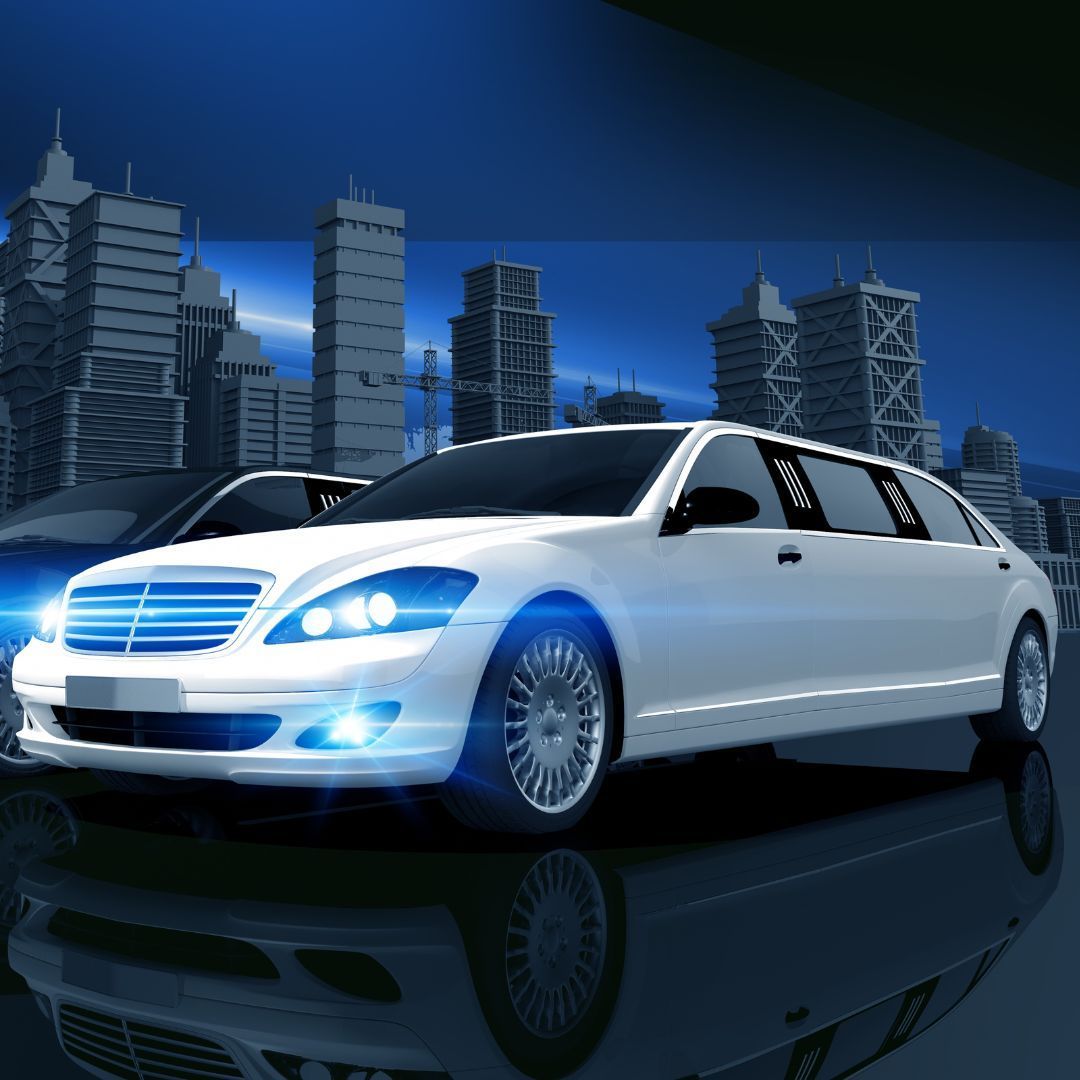The Role of the Ohio Division of Liquor Control: How It Impacts Your Business
See How We're Different
or call us: 216-600-2828
The Ohio Division of Liquor Control (ODLC) plays a pivotal role in the regulation and oversight of the alcoholic beverage industry within the state of Ohio. For businesses involved in the sale, distribution, or production of alcoholic beverages, understanding the functions and responsibilities of the ODLC is crucial. This regulatory body not only ensures compliance with state laws but also impacts various aspects of business operations, from licensing to marketing. By exploring the ODLC's role, businesses can better navigate the complexities of the liquor industry and ensure their operations remain compliant and successful.
Understanding the Ohio Division of Liquor Control
The ODLC is a state agency responsible for controlling the manufacture, distribution, and sale of alcoholic beverages in Ohio. It operates under the Ohio Department of Commerce and is tasked with enforcing state liquor laws to ensure public safety and fair business practices. The division's regulatory framework is designed to balance the interests of businesses, consumers, and the community.
One of the primary functions of the ODLC is to issue and manage liquor permits. These permits are essential for any business involved in selling alcohol, whether it's a bar, restaurant, retail store, or distributor. The division categorizes permits based on the type of business and the nature of alcohol sales, ensuring that each establishment operates within the legal parameters set by the state.
Additionally, the ODLC is responsible for the enforcement of liquor laws and regulations. This includes conducting inspections, investigating violations, and imposing penalties when necessary. By maintaining strict oversight, the division helps to prevent illegal activities such as underage drinking and unlicensed sales, thereby protecting both businesses and consumers.
How the ODLC Impacts Business Operations
Licensing and Permits
Obtaining the appropriate liquor license is one of the most significant ways the ODLC impacts businesses. The process can be complex, requiring detailed applications, background checks, and adherence to zoning laws. Businesses must ensure they apply for the correct type of permit, as different permits allow for varying levels of alcohol sales and consumption.
The ODLC also sets limits on the number of permits available in certain areas, which can affect a business's ability to obtain a license. This quota system is designed to prevent market saturation and maintain a balance between supply and demand. Businesses must be strategic in their planning and application process to secure a permit within these constraints.
Compliance and Inspections
Once a business has obtained a liquor license, ongoing compliance with ODLC regulations is essential. The division conducts regular inspections to ensure that businesses adhere to state laws regarding the sale and consumption of alcohol. These inspections can cover a range of areas, including verifying age identification processes, checking for unauthorized sales, and ensuring that alcohol is stored and served safely.
Non-compliance can result in fines, suspension, or revocation of a liquor license, which can have severe consequences for a business. Therefore, it is crucial for businesses to stay informed about current regulations and maintain rigorous internal policies to ensure compliance.
Marketing and Advertising Restrictions
The ODLC also imposes specific restrictions on how businesses can market and advertise alcoholic beverages. These regulations are designed to promote responsible consumption and prevent misleading or inappropriate advertising. For example, businesses must avoid marketing that targets minors or suggests that alcohol consumption leads to enhanced social or athletic performance.
Understanding these restrictions is vital for businesses to develop effective marketing strategies that comply with state laws. Failure to adhere to advertising regulations can result in penalties and damage to a business's reputation.
Strategies for Navigating ODLC Regulations
Staying Informed and Educated
One of the best strategies for navigating ODLC regulations is to stay informed about changes in state laws and policies. The ODLC regularly updates its guidelines and requirements, so businesses must keep abreast of these changes to ensure compliance. Subscribing to newsletters, attending industry seminars, and consulting with legal experts can provide valuable insights and updates.
Education and training for staff are also crucial components of compliance. Employees should be well-versed in the laws governing alcohol sales and consumption, as well as the specific policies of the business. Regular training sessions can help reinforce these principles and reduce the risk of violations.
Utilizing Legal and Professional Resources
Engaging with legal and professional resources can be invaluable for businesses navigating the complexities of ODLC regulations. Attorneys specializing in liquor law can provide guidance on licensing, compliance, and dispute resolution. Additionally, industry associations often offer resources and support for businesses dealing with regulatory challenges.
Professional consultants can also assist with the application process, ensuring that all necessary documentation is complete and accurate. This can streamline the process and increase the likelihood of obtaining a license without delays or complications.
The Economic Impact of the ODLC on Businesses
The ODLC's regulations and policies have a significant economic impact on businesses within the state. By controlling the distribution and sale of alcohol, the division influences market dynamics and competition. Businesses must navigate these regulations to remain competitive and profitable.
Moreover, the ODLC's enforcement of liquor laws helps to create a level playing field for businesses. By preventing illegal sales and ensuring compliance, the division protects legitimate businesses from unfair competition and fosters a stable market environment.
Finally, the ODLC's role in promoting responsible alcohol consumption benefits the broader community, contributing to public health and safety. By supporting businesses in complying with regulations, the division helps to maintain a positive relationship between the industry and the community.
Conclusion
The Ohio Division of Liquor Control plays a critical role in shaping the landscape of the alcoholic beverage industry in Ohio. For businesses, understanding the division's functions and responsibilities is essential for navigating the regulatory environment successfully. From licensing and compliance to marketing and economic impact, the ODLC's influence is far-reaching. By staying informed and utilizing available resources, businesses can ensure compliance, protect their operations, and contribute to a safe and thriving industry.












